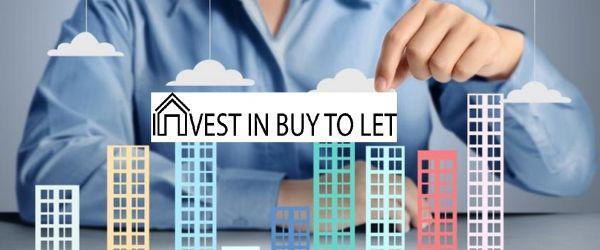Digital tax returns for landlords
Government Introduction to Making Tax Digital
Making Tax Digital is a key part of the government’s plans to make it easier for individuals and businesses to get their tax right and keep on top of their affairs – meaning the end of the annual tax return for millions.
Every individual and business now has access to their own personalised digital tax account and these are being regularly expanded and improved. HMRC’s is changing the tax system to make it more effective, more efficient and easier for customers to comply.
However a number of concerns about the pace and scale of change have been raised. As a result the government has announced that the roll out for Making Tax Digital for Business has been amended to ensure businesses have plenty of time to adapt to the changes.
Businesses will not now be mandated to use the Making Tax Digital for Business system until April 2019 and then only to meet their VAT obligations. This will apply to businesses who have a turnover above the VAT threshold – the smallest businesses will not be required to use the system, although they can choose to do so voluntarily.
The government aim is to support businesses to get their tax right and reducing the amount of tax lost through avoidable error.
Government has outlined a timetable which illustrates how they set out to achieve this by 2020 and it is envisioned that everyone will be affected, resulting in the death of the tax return as we know it.
At the moment, landlords keep their accounting records in a variety of ways, from paper records, spreadsheets or accounting software. These records are then used to prepare a tax return for the property business at a later date. Government is now proposing, with Making Tax Digital, unincorporated property businesses will be required to:
1-Maintain their records digitally, through software or apps
2-Report summary information to HMRC quarterly through their ‘digital tax accounts’
3-Make an end of year declaration through their digital tax accounts
Your responsibilities as a tenant
What is a digital tax account?
Digital tax accounts are like online bank accounts, with secure areas where a businesses can see all of their tax details in one place and interact with HMRC digitally.
What are digital records?
A digital record is a record of data for each transaction of the business. The proposed minimum required data will be:
• Date rentals due and payment received date
• Rental value
• Invoice date and value for expenses
• expense category
• deducted amount/percentage for expenses
Digital records can be maintained using software which will be available from third party software providers. HMRC have confirmed there will be some products which are free of charge.
What are the most common landlord mistakes
Multiple Properties
Where multiple properties are held within a property business, income and expenditure only has to be recorded for the property business as a whole and does not have to be allocated to individual properties. There will however, be a requirement to maintain details of each property’s address in the digital records.
How to recover outstanding Service Charges
Storing digital records
The software will either store the records locally, for example on a computer, or in the cloud. HMRC expect that the software will, after an initial phase of manually assigning transactions to expense categories, start to recognise regular items and automatically assign them.
Under the original proposals, HMRC envisaged that a digital record would include not only a record of each item of income and expense but also evidence of each transaction such as copies of invoices and receipts. In the revised proposals the requirement to keep digital records will not include an obligation to store images of invoices and receipts digitally. HMRC are aware that a lot of property businesses use spreadsheets to currently record their data and have now confirmed that spreadsheets will be one of the options for maintaining digital records. But users will need to ensure that the spreadsheet is able to meet all the necessary requirements of making tax digital, not just keeping a record of each transaction but also providing quarterly summary updates and end of year information.
Businesses will need to use software appropriate to their business requirements. For example, a property partnership will need software that can record the partners’ details and profit shares.
What are development finance pitfalls?
How will the quarterly return work?
You will be expected to compile all the relevant data into your chosen software each quarter, and once this is done you will then be expected to feed this data directly into HMRC systems. The information that will be sent to HMRC will be summary data for the quarter, not all income and expense items. It is envisaged that the analysis of the data will be similar to the existing categories in the self assessment tax return. Smaller property businesses will be able to prepare an update that contains only three lines of data – income, expenses and profit.
West London Property Networking…..
If you have further questions regarding property management please contact Pelin Martin on
+0208 994 7327
pm@bluecrystallondon.co.uk


